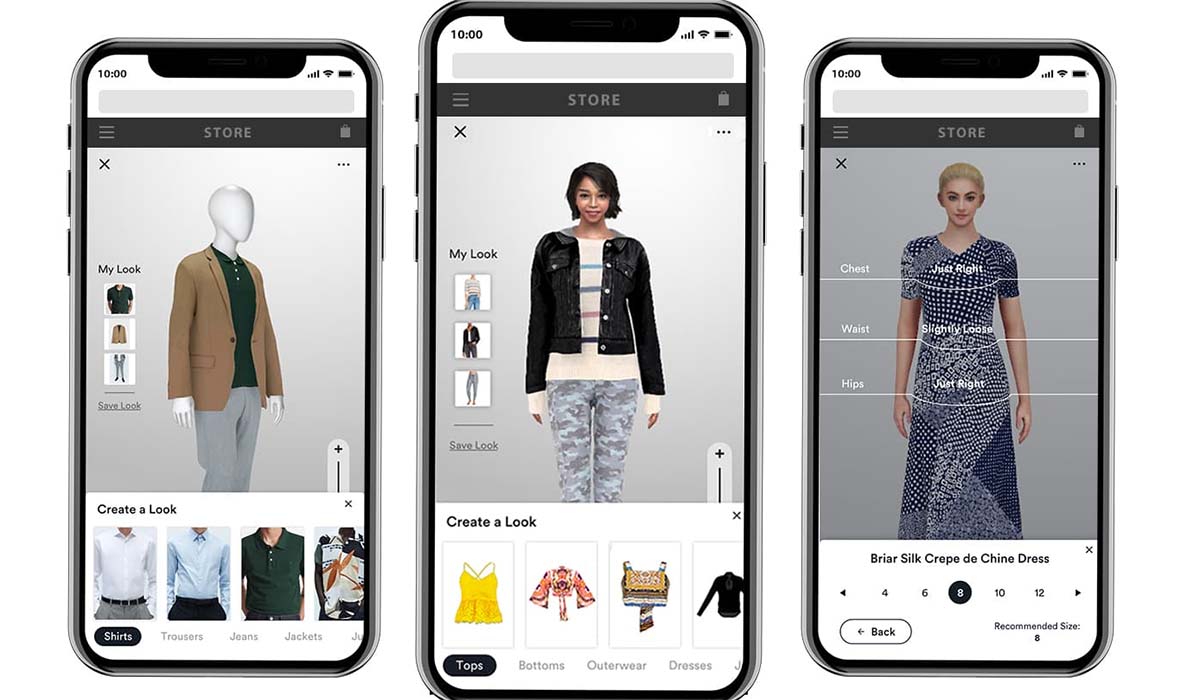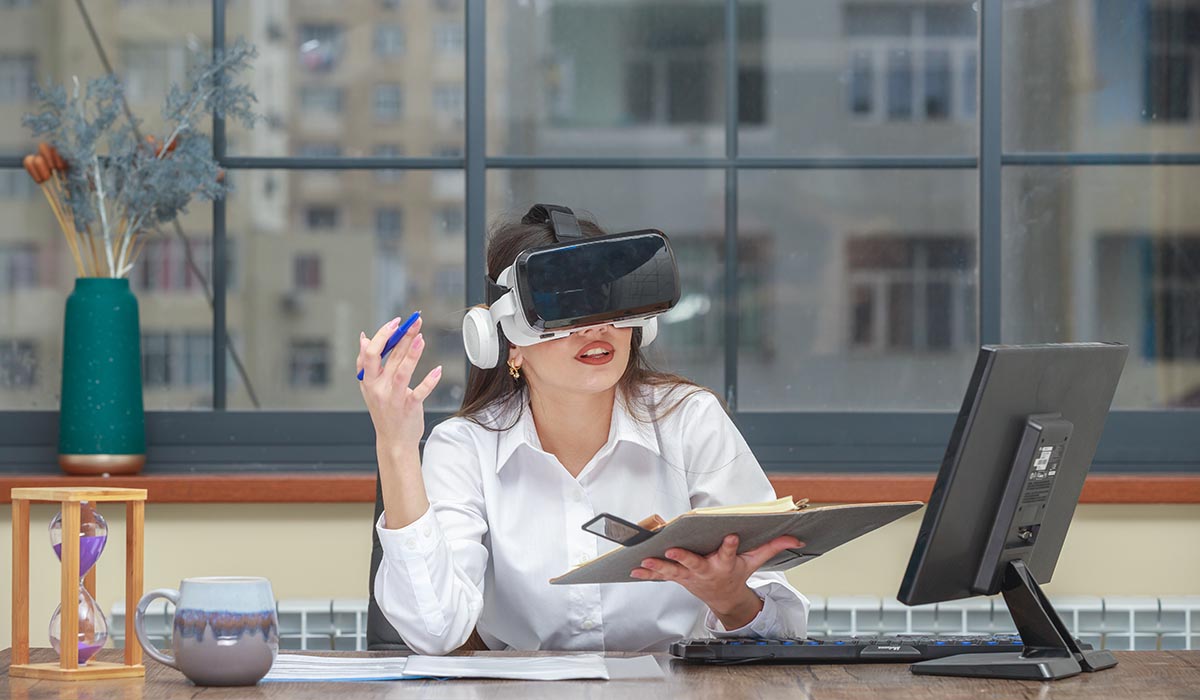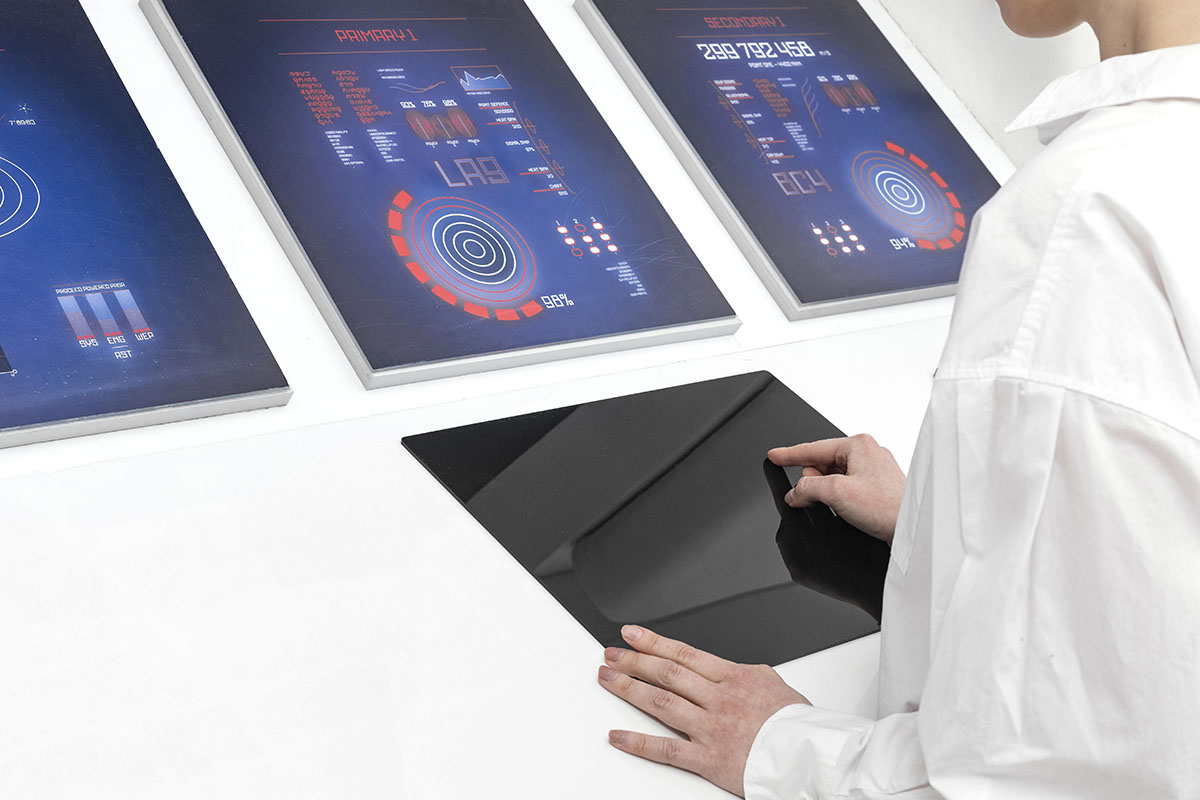As e-commerce grows unprecedentedly, companies increasingly turn to artificial intelligence (AI) to gain an edge in the highly competitive online marketplace. According to research on Researchgate, by the year 2030, around 70% of all businesses will incorporate artificial intelligence technology in their businesses.
It is reasonable as AI-powered marketing tactics help companies to build a customer base, personalize customers’ offers, improve customer experiences, and boost sales.
With AI and crafty marketing tools, marketing has reached a level where we no longer notice the tricks that stimulate sales. Everything from recommendation systems to virtual assistants is built not only for the benefit of businesses but also for customers.
Product value and emotions during purchases are one of the main sales drivers nowadays. So buckle up and get ready to learn about some of the most innovative and effective AI-powered marketing tactics out there!
AI-powered marketing tricks in e-commerce
With the rise of artificial intelligence, marketers can now access powerful tools that can help them analyze consumer behavior, predict trends, and deliver personalized experiences. Listed below are five noteworthy AI-based marketing tricks that are worth mentioning.
Contents
Personalized product recommendations
A recommendation system in e-commerce refers to a programmatic algorithm that offers personalized product suggestions to customers by analyzing their browsing history, purchase patterns, and other relevant data.
In marketing, a recommender system is a powerful tool for increasing sales and customer satisfaction by recommending products likely to appeal to a particular customer.
Let’s say the customer has been browsing H&M (an online clothing store) and has shown a preference for buying athletic wear. H&M’s recommendation system analyzes the customer’s behavior and suggests similar products using data analytics and machine learning algorithms.
Source: H&M
At the consideration stage, the customer pays attention to suggested products, starts to consider buying them, and might even think: ¨What is the point of purchasing just one piece of clothing when I could buy all I need and pay for shipping only once?¨
By providing personalized product recommendations, H&M creates a more engaging and convenient shopping experience for its customers, ultimately increasing the average cheque of a purchase. It means that if a customer expresses interest in purchasing only athletic pants, a recommender system suggests additional products, such as athletic tops and shoes, resulting in the customer spending more money than originally intended. For instance, instead of spending only $30 for pants, the customer may end up spending $100.
Furthermore, as the customer continues interacting with H&M’s website or mobile app, the personalized product recommendations become more refined and tailored to the customer’s preferences. This helps to build customer loyalty and leads to repeat purchases in the future.
AI-powered customer support
If you’re shopping at an H&M store and need to check the status of your order or estimated delivery time, or if you want to return or exchange some clothing, you can rely on chatbot Anna to assist you with these tasks. Regardless of your time zone or business hours, you will get a response immediately, 24/7. Isn´t it perfect customer support?
Chatbot Anna is an AI-powered program that can simulate conversations with humans through messaging apps or chat interfaces. Customers can access it through the H&M website or mobile app. Anna assists customers with various queries related to their orders, product availability, or returns. Thus, the company reduces waiting time and gives customers faster responses to their inquiries. Anna also provides personalized style recommendations based on the customer’s preferences and purchase history.
In addition to providing customer support, this tool is also designed to engage customers in conversation and build brand loyalty. Anna uses natural language processing (NLP) technology to understand customers´ queries and provide relevant responses. It also learns from customer interactions and improves her responses over time. Therefore, clients feel supported and valued, as they can immediately get help or answer questions.
AI-powered customer service helps businesses provide personalized and efficient customer support, ultimately increasing sales and revenue.
Pricing optimization
When a competitor lowers the price of a product, Amazon’s AI algorithms automatically adjust the price of its product to remain competitive. Similarly, if a product is in high demand and inventory levels are low, Amazon’s AI algorithms can raise the product’s price to maximize profits. By setting the right price, Amazon improves its sales and revenue while remaining competitive.
For pricing optimization, AI technologies analyze vast amounts of relevant data, including customer behavior, competitor pricing, and market trends. Then they help businesses determine the optimal price for their products or services.
AI-powered pricing optimization also helps companies to adjust their prices in real time based on market fluctuations or changes in demand. It maximizes profits and increases customer satisfaction by offering the right price for the right product at the right time.
Augmented Reality (AR) virtual try-on
An impressive marketing technique that leverages the power of AI is Augmented Reality (AR). This technology utilizes AR to overlay a digital image of a product onto a real-life environment, allowing customers to visualize how the product would appear in their surroundings before making a purchase.
A great example of AR-powered marketing is the “IKEA Place” app, which allows customers to visualize how IKEA furniture looks and fits in their homes before purchasing. Using AR technology, customers can place a digital image of the furniture in their own space and move it around to see how it would look from different angles.
Source: IKEA
According to FurnitureToday, By implementing AR technology with a 98% accuracy rate, IKEA has seen a notable increase in customer engagement on its website. Other brands that have embraced AR have reported a similar trend, with an over 50% increase in engagement and conversions.
Sephora is another excellent example of AR-powered marketing. Sephora’s “Virtual Artist” feature on its mobile app and website uses AR to allow customers to try on makeup virtually. The app allows customers to visualize how they would look with the help of a professional makeup artist. They can upload their selfies or photos and transform their appearance with a touch.
The app also provides a virtual tutorial on how to apply makeup based on faces’ unique features, including techniques like highlighting, contouring, and winged eyeliner. Additionally, the app has a feature that matches colors to their skin tone. Each item they “try on” appears at the top of the screen and can be easily added to their shopping cart, making it comfortable to purchase straightforward items a customer likes.
Sephora´s AR service is a smart marketing trick as it offers customers a unique and interactive way to experience products by showing how they look, fit, and function before purchasing. The app makes it easy and convenient to purchase items they like, enhancing their shopping experience and reducing the number of returns.
AI-powered marketing: Virtual Assistant
Virtual assistants are AI-powered software programs designed to provide assistance and complete user tasks. They simulate conversation and interaction with a human. Virtual assistants can perform various functions, including scheduling appointments, making reservations, answering questions, or providing recommendations. Some famous examples of virtual assistants include Apple’s Siri, Amazon’s Alexa, and Google Assistant.
Source: Walmart
For instance, with Walmart’s virtual assistant, “Ask Sam,” you can find products, check prices, and place orders. According to people´s feedback on Reddit, customers love this feature! Here is one of the comments from a real customer:
I seriously love having it in Claims. People still don’t understand that I don’t have a magic book with every single UPC in the store, & bring me stuff without them. I couldn’t get any DM, TL, or any management to get anyone to get them for me. Now, all I do is put it in Ask Sam & scan the code. It’s the only new thing they’ve done that I love.
With Starbucks’ virtual assistant, “My Starbucks Barista,” you can order and pay for coffee. The assistant remembers your past orders, make suggestions based on your preferences, and answers questions about menu items.
And with H&M´s virtual assistant called “H&M Voice Interactive Mirror” in one of its flagship stores in New York, you can use the mirror with voice and facial recognition technology for personalized outfit recommendations, styling tips, and product information.
Lots of customers find Virtual assistants helpful and convenient. Virtual assistants can provide 24/7 assistance and support, which is helpful for customers who need help outside of business hours. Virtual assistants can provide quick responses and solutions to customer inquiries, saving time and reducing frustration, using customer data and preferences for personalized recommendations and support.
AI-Powered Marketing: Final Thoughts
AI-powered marketing tricks have become increasingly important in e-commerce as businesses strive to provide customers with more personalized and engaging experiences. By leveraging AI and machine learning technologies, companies gather valuable customer behavior and preferences data, provide customized product recommendations, and deliver targeted marketing messages. This leads to improved customer engagement, increased sales, and enhanced brand loyalty.
Besides, AI-powered tools like virtual assistants, augmented reality, and personalized pricing optimization provide customers with more immersive and interactive shopping experiences, further improving customer satisfaction and driving sales.

